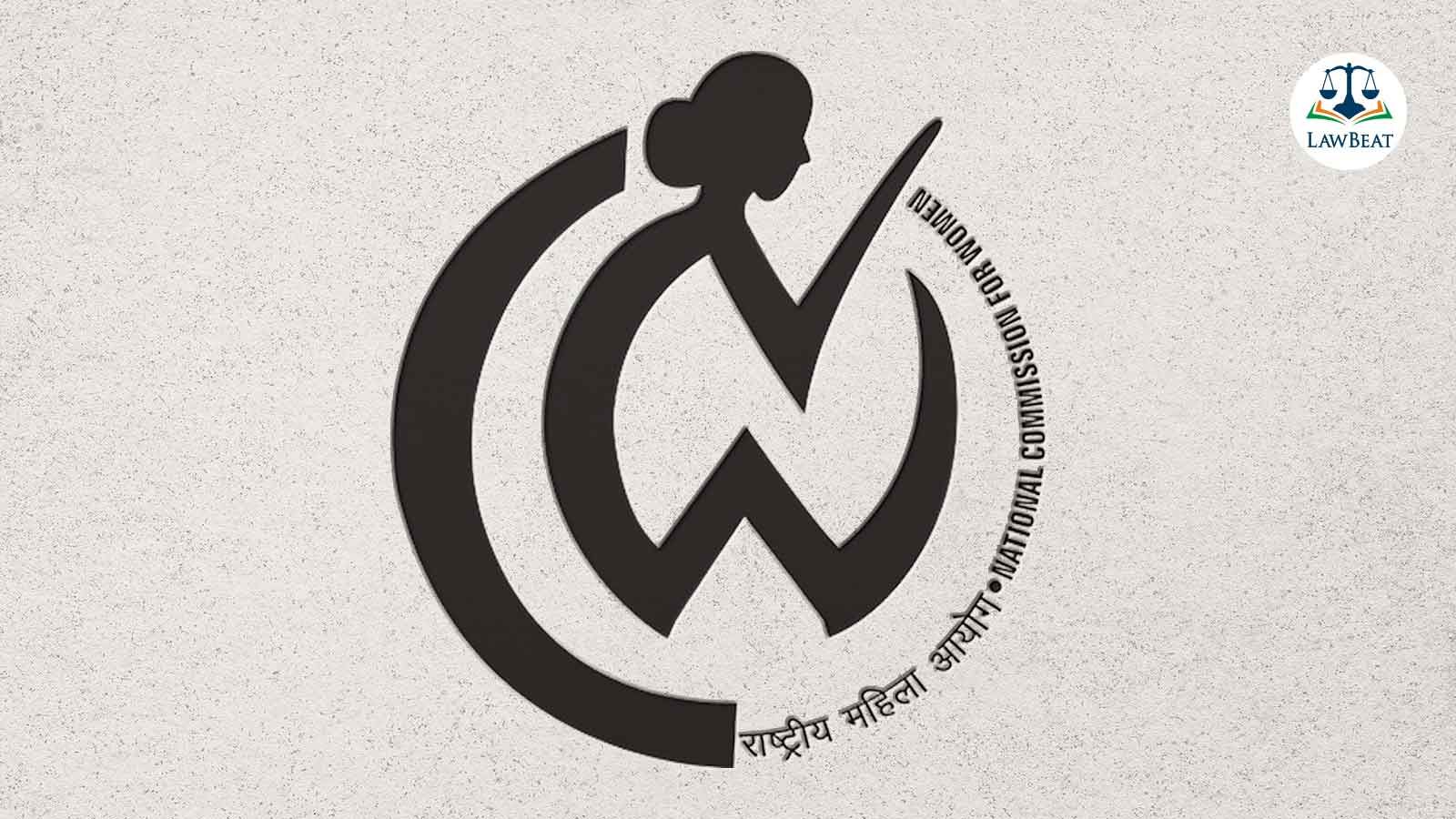National Commission for Women Calls For Codification of Muslim Personal Laws

"In our pursuit of equality, let’s reflect: if a law cannot serve the rights of Hindu, Christian, Sikh, and Buddhist women, can we truly say it is just for Muslim women? The need for codified laws is urgent. We need to work towards a legal framework that ensures equal rights for all, regardless of religion," said NCW Chairperson Rekha Sharma
A day after the law commission extended the deadline for submitting proposals for the Uniform Civil Code (UCC) by two weeks, the National Commission for Women (NCW) asked for the codification of Muslim personal laws as well as the reconsideration of marriage, divorce, and guardianship laws.
The NCW had conducted law review consultations to relook the Indian Muslim personal law in order to formulate specific recommendations for amendments and enhance the outreach of the legislation for women and strengthen their stance in the society.
The main purpose for organising this consultation was to review and analyse the legal reforms to advance the status of women and. to protect the interest of Muslim women considering gender inequality and violation of their constitutional rights. Through this consultation, the Commission endeavoured to seek the views, suggestions and opinions of stakeholders from all over India.
According to a report in the New Indian Express, NCW chairperson Rekha Sharma said, “In our pursuit of equality, let’s reflect: if a law cannot serve the rights of Hindu, Christian, Sikh, and Buddhist women, can we truly say it is just for Muslim women? The need for codified laws is urgent. We need to work towards a legal framework that ensures equal rights for all, regardless of religion.”
The commission had conducted regional level consultations for Eastern, Northern, Western, North Eastern Region and Southern region in association with National University of Study and Research in Law, Ranchi, National Law University, Shimla, National Law University Institute, Bhopal, North East Hill University, Shillong and Tamil Nadu Dr. Ambedkar Law University, Chennai respectively to incorporate viewpoints from diverse sectors and stakeholders from different regions in the process of suggesting comprehensive changes in the law relating to the subject.
The discussion was revolving around the crucial topics related to Codification of Muslim Personal Laws, Marriage and Divorce, Inheritance rights of Muslim Women and Guardianship.
The main point of discussion here was to codify the Muslim personal law, which should be interpreted broadly and in conformity with women's fundamental and constitutional rights. The codification of muslim family should be based on Constitution and the Quran. Customary law should not prevail over statutory rights. Personal laws should reflect the constitutional mandate of gender equality in the society and there should be enough space given to Muslim Women’s voice in politics.
When it comes to marriage, Muslim men are allowed to have up to four wives under Muslim Personal Law, which places Muslim women in polygamous marriages at a disadvantage. They often face emotional and financial exploitation, and lack of social acceptance. Muta marriage has been used as a tool to take advantage of Muslim Women in the name of the rituals while minors and orphans have been the victims most of the time and Renouncing these practices would be best in favour of Muslim women.
Further, there is no uniformity in age limit for marriage as well. The age of marriage of a Muslim woman is considered to be puberty and otherwise 15 years under the personal law. The legal age for marriage is 18 years for women and 21 years for men according to the Prohibition of Child Marriage Act, 2006. Marriage below this age is considered to be a child marriage, which is an offence.
In case of minor Muslim women, who contract marriage before attaining the age of majority, irrespective of what is professed in personal law. For the enforcement of the fundamental rights of Muslim women, who are below the age of 18 years, guaranteed under Articles 14, 15 and 21 of the Constitution of India, it is important that provisions of the Protection of Children from Sexual Offences Act, 2012, the Indian Penal Code, 1860 and the Prohibition of Child Marriage Act, 2006 to Muslim women, who have contracted a marriage before attaining the age of majority i.e., 18 years.
In case of Divorce, the grounds available for women are often more limited than those available to men, which can make it difficult for women to obtain a divorce on equal terms.
There are many such practices under personal laws which violates the women’s dignity in the name of religion such as Halala, Iddat Period.
Furthermore, NCW discussed about the unequal Inheritance rights, under the Muslim Personal Law , a son is entitled to twice the share of a daughter in the inheritance of the father’s property. If there are more than one daughter then all of them will get only 2/3 of the share. Daughter is also excluded in some areas because of customary practices or special statutes.
Lastly, while dealing with the rule of Guardianship, the natural guardian of a child under Muslim law is considered to be the father only and the mother is not considered as a natural or other guardian even after the death of the father. The father is considered to be the only natural guardian of the child even if the custody of the child is not with him,then also he has control over all the decisions relating to the child.
